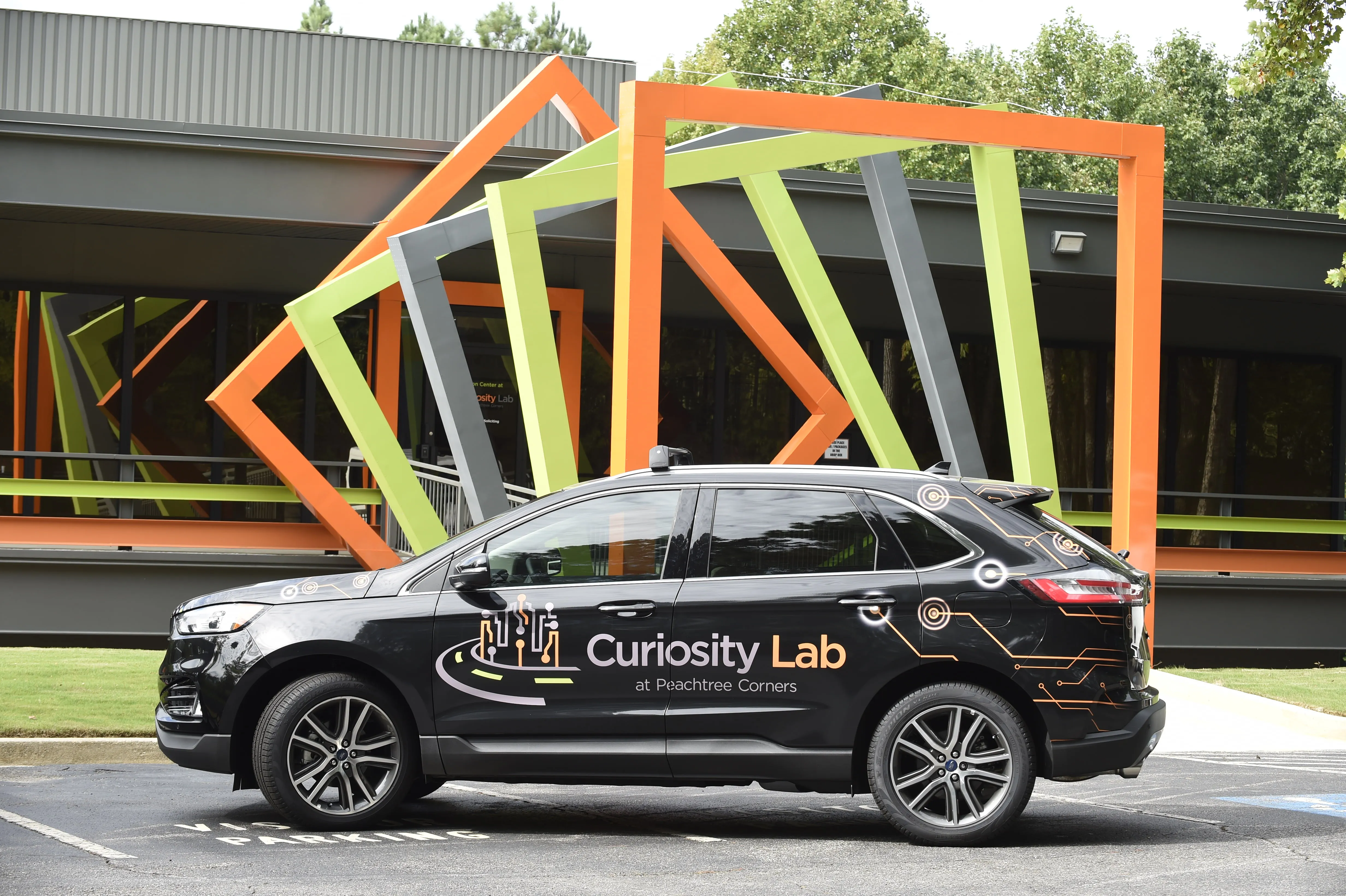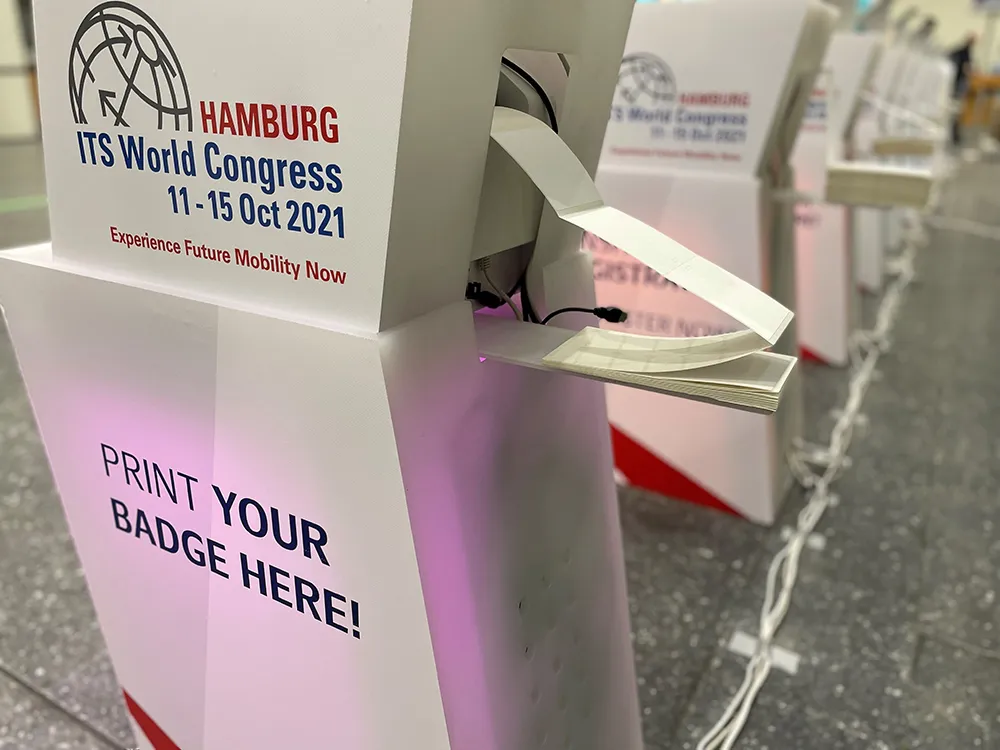
Japan’s NTT Data Corporation has chosen C2A Security and Marelli to participate in the first project being undertaken by its new Global Automotive Security Test Center (GASTC). The centre will develop security tests for connected cars, with the aim of protecting them from cyberattacks.
Israel-based C2A Security is a developer of cybersecurity protection equipment for vehicles. Italy’s Marelli provides a range of automotive products including electronics, lighting and electric powertrains.
NTT Innovation Laboratory Israel (NTT Israel), which works to integrate Israeli technologies into NTT’s services and products, as well as finding business collaborations and investment opportunities in Israeli companies, facilitated C2A Security’s selection.
Based in Italy, GASTC will develop security tests for connected cars to protect them from cyberattacks.
"We want to apply our expertise in cybersecurity to the connected car sector," said Marco Garelli, head of automotive at NTT Data Italy.
Through GASTC, the firm "will be an international reference point to protect connected cars from cyber-attacks and ensure the drivers' safety".
The centre is being set up to work within the new Automotive Cybersecurity European regulations.
The initial project will use C2A Security’s flagship product EVSec, which involves the automatic generation of ‘System Level Fuzz Testing', a technology aimed at uncovering bugs and vulnerabilities for car ECU software.
The project carried out with C2A Security and Marelli also covers anomaly detection of communication between ECUs and showcases innovation with artificial intelligence algorithms that can identify any attacks in progress and send alerts to a control centre that can promptly intervene.
“This collaboration is a significant opportunity for C2A Security to interact with a wide range of customers around the world who trust NTT DATA’s reputation,” said Roy Fridman, C2A Security’s CEO.
“We’re thrilled to offer NTT customers a seamless and automated system-level validation tool in order to find ahead of time critical bugs and vulnerabilities”
"The NTT Israel Innovation Lab was established to promote and find Israeli startups for collaborations and investments,” said Noa Asher, CEO of the NTT Israel Innovation Lab. “This project is an extraordinary opportunity for NTT Data to become a leading service provider in the connected cars arena based on an Israeli technology."









